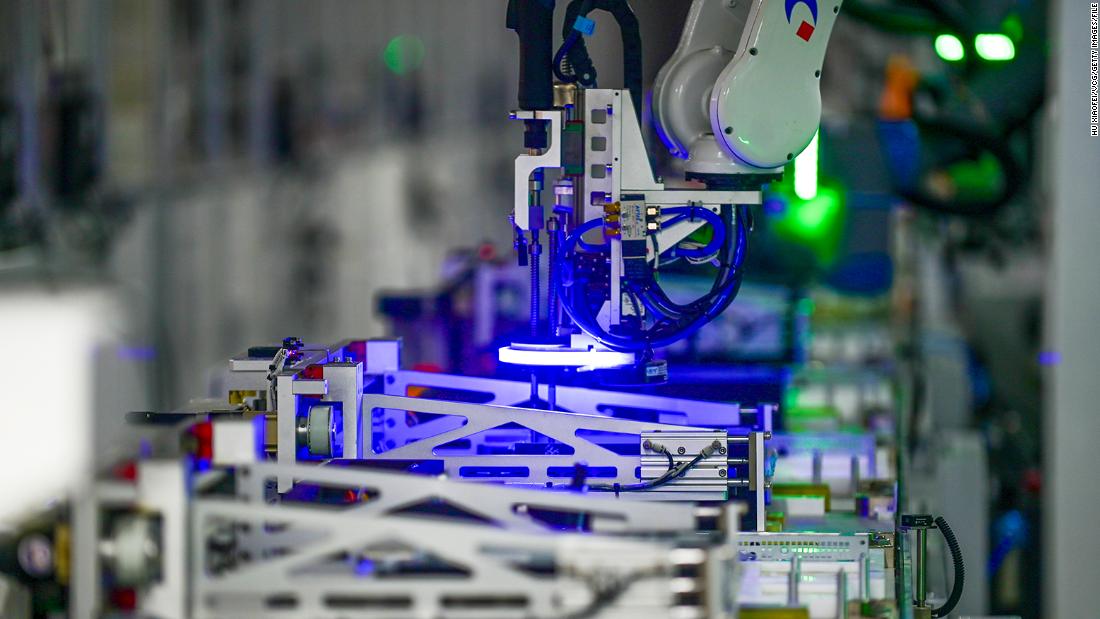
The next frontier in the tech battle between the US and China
CNN
The technological arms race between the United States and China has cut across everything from smartphones and cellular equipment to social media and artificial intelligence. But a new battleground is emerging that goes a layer deeper: to the components that power our smartphones, computers, automobiles and home appliances.
President Joe Biden on Tuesday signed new legislation aimed at boosting the US semiconductor industry, in an attempt to address a long-running computer chip shortage and reduce reliance on other countries, such as China, for manufacturing. Dubbed the CHIPS and Science Act, it provides incentives for domestic semiconductor manufacturing as well as research and development, including more than $50 billion in funding and additional investment in the National Science Foundation, the Department of Commerce and the National Institute of Standards and Technology.
China has long been a dominant force in tech manufacturing, with companies such as Apple (AAPL), Google (GOOG) and Microsoft (MSFT) relying significantly on the country to make their devices and the parts that comprise them. China has also rapidly gained ground in the semiconductor market, ranking first globally in assembly, packaging and testing and fourth — ahead of the United States — in wafer fabrication, according to a recent analysis by the Center for Strategic and International Studies.





















 Run 3 Space | Play Space Running Game
Run 3 Space | Play Space Running Game Traffic Jam 3D | Online Racing Game
Traffic Jam 3D | Online Racing Game Duck Hunt | Play Old Classic Game
Duck Hunt | Play Old Classic Game

